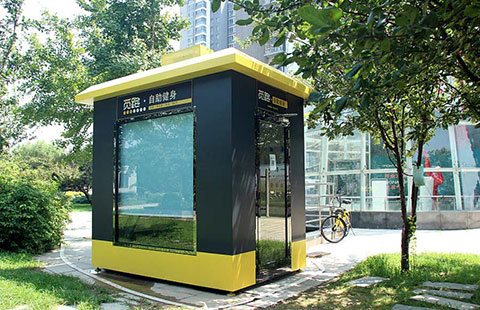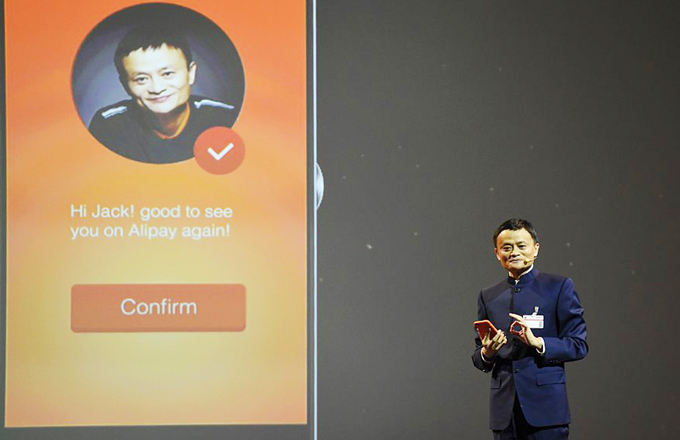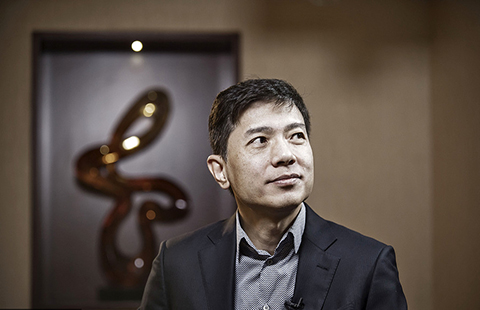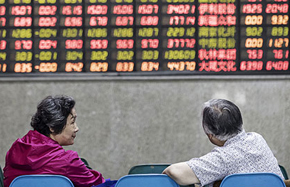Wine importers making attempt to go local
Worry not about escalating trade disputes and such mundane things. It's party time at this wine bar, which is "disguised" as a cave dwelling in the arid hills of Yan'an, Shaanxi province.
The windows of the bar are pasted over by paper cuttings in the likeness of Alberto Fernandez, managing partner of wine import company Torres China.
He's having a party to launch his new wine at a time when some of his peers are sipping something considerably stronger to calm their nerves, which have been affected by the Chinese government's anti-dumping investigation into wine imports from the European Union.
As one of the main wine importers in China, Fernandez is like the other 2,000 or so importers and traders in the country's wine industry, the world's fifth-largest market. All stand to be affected by possible tax and price rises resulting from an investigation launched by the Ministry of Commerce on June 5.
The ministry has said that the investigation was launched in response to a joint petition by several Chinese winemakers in 2012, complaining about unfair government subsidies received by their European counterparts.
The investigation was announced right after Brussels' decision to impose tariffs on Chinese solar panels.
If Fernandez was worried, he was not showing it. "Business must go on," he said.
"Of course, we have learned about the news, and hopefully with all the documents we present to prove we are not dumping, we cannot be affected. But we also carry wines from many other places," he said.
Fernandez said his company has been representing Chinese wine for 10 years. He added that domestic wine will be a major focus for the company, and the market's growth driver, in the next decade.
Two-thirds of the wine sold by the Spain-based company every year in China is from Europe. In 2012, Chinese wine accounted for 10 percent of the company's sales.
The Chinese wine now being offered is called "People's Series", with a label featuring Chinese workers wearing Mao-style green uniforms.
This kind of marketing is thought to appeal to young urban consumers who are into retro culture. They are the target buyers of the wine, priced at about 100 yuan ($16.27) a bottle, and potential mainstream drinkers.
"Wine is very chauvinist, or patriotic. In the end, people will drink wine from their own country," Fernandez said. "It's not happening in China yet because there are not quality, affordable Chinese wines in the market."



















